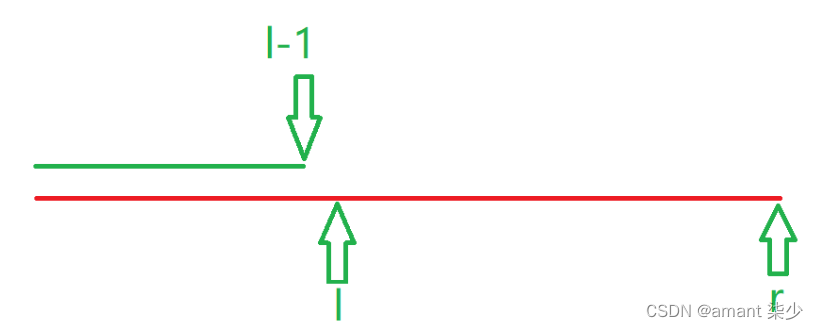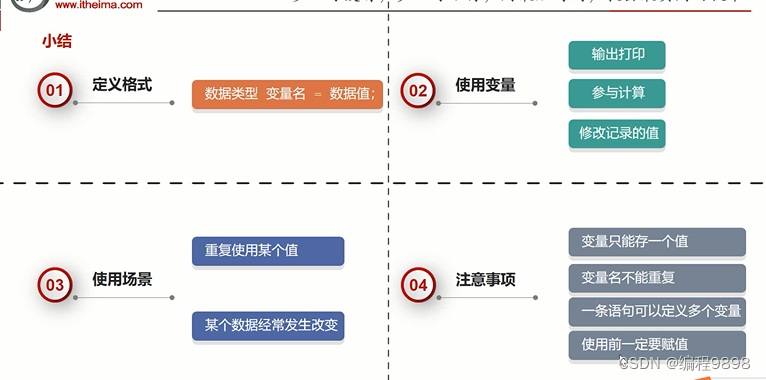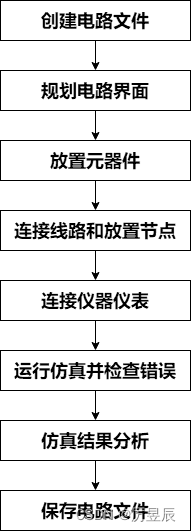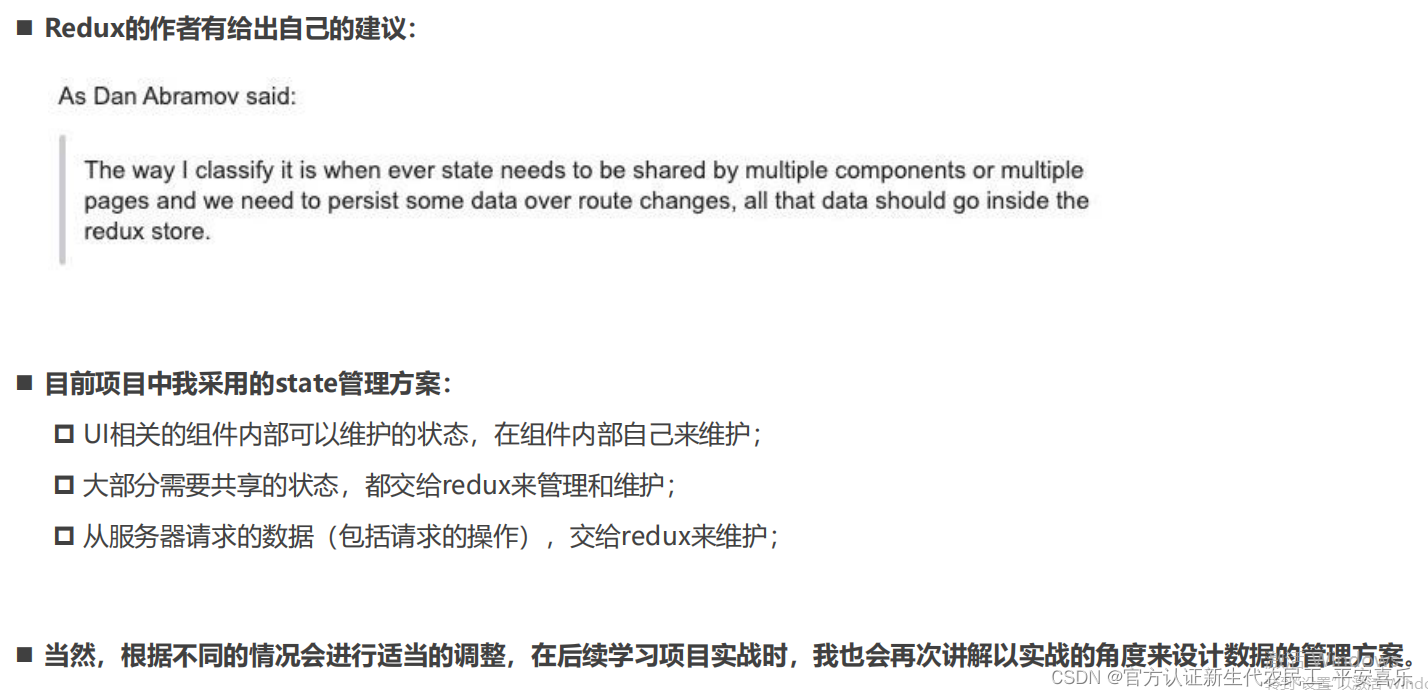好久没更了,摆还是爽
遗留问题:
(16条消息) int&作为函数返回类型-编程语言-CSDN问答(已解决)
宏:
预处理器编译指令都以#打头
#define(宏常量)使得预处理器进行文本替换,而不考虑其他,编译器将检查文本正确与否。 不解风情
宏需要大量括号,凡变量尽量都打一括号。
列如:
#define i* int*
i* a,b;
此时我们的本意是 int *a,*b;
而实际上的代码为 int *a, b;
此时的 b 为 int 型,而非 int* 型使用宏避免多次包含
reference:
(6条消息) #ifndef,#define,#endif的作用和用法_Junzheng Li的博客-CSDN博客
(7条消息) #ifndef/#define/#endif使用详解_ 司 的博客-CSDN博客_#ifndef _a_h_
例:

assert宏:验证表达式
语法:
assert (expression that evaluates to true or false);包含:于<assert.h>头文件
示例:
#include <assert.h>
int main()
{
char* sayHello = new char [25];
assert(sayHello != NULL); // throws a message if pointer is NULL
// other code
delete [] sayHello;
return 0;
}在我的DEV编译器中出现如下报错:

注:
宏不支持任何形式的类型安全,这是一个严重的缺点。另外,复杂的宏调试起来也不容易

模板:
template:n. 样板;模板;型板
声明模板以关键字template打头
//模板类,使用需要<type>
template <typename T/*可多写*/>
class HoldVarTypeT
{
private:
T value;
public:
void SetValue (const T& newValue) { value = newValue; }
T& GetValue() {return value;}
};instantiation :实例化
template <typename T1, typename T2>
class HoldsPair
{
private:
T1 value1;
T2 value2;
public:
// Constructor that initializes member variables
HoldsPair (const T1& val1, const T2& val2)
{
value1 = val1;
value2 = val2;
};
// ... Other member functions
};实例化:
HoldsPair <int, double> pairIntDouble (6, 1.99);
HoldsPair <int, int> pairInts (6, 500);template <typename T1=int, typename T2=int>
class HoldsPair
{
// ... method declarations
};这样,前述第二种 HoldsPair 用法可以简写为:
// Pair an int with an int (default type)
HoldsPair <> pairInts (6, 500);#include <iostream>
using namespace std;
template <typename T1 = double, typename T2 = int >
class HoldsPair {
private:
T1 value1;
T2 value2;
public:
HoldsPair(const T1& val1, const T2& val2) // constructor
: value1(val1), value2(val2) {}
// Accessor functions
const T1& GetFirstValue() const {
cout << "fanhui double " << value1 << endl;
return value1;
}
const T2& GetSecondValue() const;
//如果这两个函数不给出定义,则无返回,出现return 1;的报错
};
// specialization of HoldsPair for types int & int here
template<> class HoldsPair<int, int> {
private:
int value1;
int value2;
string strFun;
public:
HoldsPair(const int& val1, const int& val2) // constructor
: value1(val1), value2(val2) {}
const int & GetFirstValue() const {
cout << "Returning integer " << value1 << endl;
return value1;
}
};
int main() {
HoldsPair<int, int> pairIntInt(222, 333); //在类型为int,int时调用第二个,否则调用第一个
pairIntInt.GetFirstValue();
return 0;
}模板类的具体化,如上。
示例代码:
#include <iostream>
using namespace std;
template <typename T>
class TestStatic {
public:
static int staticVal;
};
// static member initialization
template<typename T> int TestStatic<T>::staticVal;
int main() {
TestStatic<int> intInstance;
cout << "Setting staticVal for intInstance to 2011" << endl;
intInstance.staticVal = 2011;
TestStatic<double> dblnstance;
cout << "Setting staticVal for Double_2 to 1011" << endl;
dblnstance.staticVal = 1011;
cout << "intInstance.staticVal = " << intInstance.staticVal << endl;
cout << "dblnstance.staticVal = " << dblnstance.staticVal << endl;
return 0;
}
Q:静态变量有啥用?
template <typename T1, typename T2, typename T3>
void Sum(T1& result, T2 num1, T3 num2)
{
result = num1 + num2;
return;
}
想要加上不同的值应如下进行编码:参变量可变的模板
#include<iostream>
using namespace std;
template<typename R,typename V>
void Sum(R& result,V& val){
result+=val;
cout<<"i have in prime"<<endl;
}
template<typename R, typename First, typename...Rest>
void Sum(R& result, First val1, Rest...valN) {
result += val1;
return Sum(result, valN...);
}
int main() {
double dResult = 0;
Sum(dResult, 3.14, 4.56, 1.1111);
cout<<"dResult"<<dResult<<endl;
} 注:必须要有基础模板
注:必须要有基础模板
引用:(3条消息) C++的get()函数使用详解_Nine_CC的博客-CSDN博客_c++ get
使用static_assert();
static_assert(expression being validated, "Error message when check fails");static_assert(sizeof(T) != sizeof(int), "No int please!");如图:

DEV编译器报错为:


编写模板函数Display,它可调用不同数量和类型的的参数并显示。
#include<iostream>
using namespace std;
template<typename t0>
void Display(t0& e0) {
cout << "different from xiamian de , i will be used when the en is used\
that's to say , the element en won't be used int this case" << endl;
}
template<typename t0, typename ...other>
void Display(t0& e0, other...en) {
cout << e0 << endl;
return Display(en...);
}
int main() {
string a = "fu huo ba", b = "wo";
string c = "de", d = "ai", f = "ren";
Display(a, b, c, d, f, "hhh");
return 0;
}
运行结果:

一版和上面稍有不同的代码:
#include<iostream>
using namespace std;
void Display() {
cout << "i will be use at last,when all the elements are use\
even Display(en)" << endl;
}
template<typename t0, typename ...other>
void Display(t0& e0, other...en) {
cout << e0 << endl;
Display(en...);
}
int main() {
string a = "fu huo ba", b = "wo";
string c = "de", d = "ai", f = "ren";
Display(a, b, c, d, f, "hhh");
return 0;
}
运行结果:













![[RoarCTF 2019]Online Proxy(x-forwarded-for盲注)](https://img-blog.csdnimg.cn/6723c9beff2c48398cedca1fad58701c.png)





